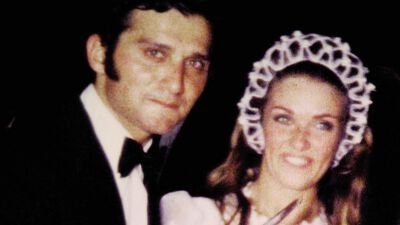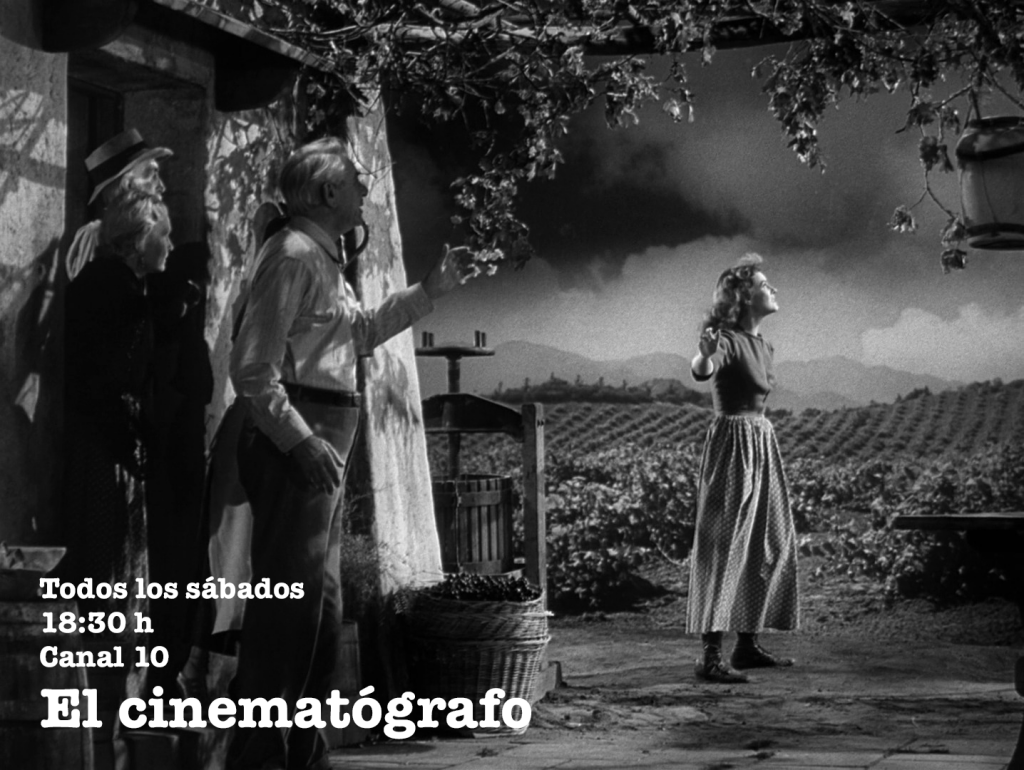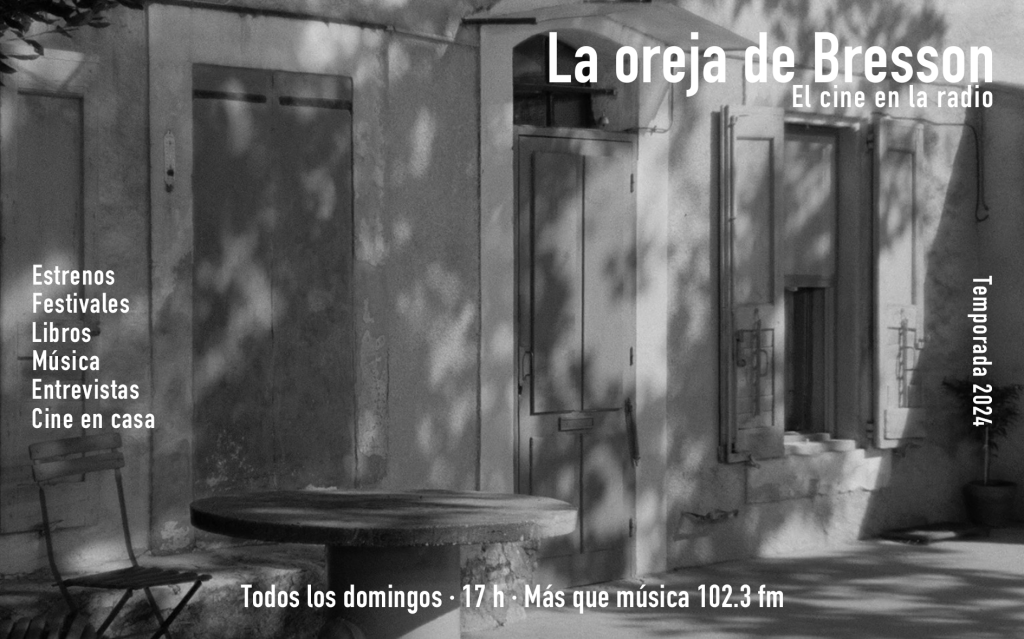
FICUNAM 2012 (19): ARGENTINIAN PATHS
By Roger Koza
 PAPIROSEN, GASTÓN SOLNICKI, ARGENTINA, 2011
PAPIROSEN, GASTÓN SOLNICKI, ARGENTINA, 2011
After his extraordinary debut with Süden, a precise portrait of musician Mauricio Kagel, Gastón Solnicki proves that his talent is independent from that elegant and dominant character who is both the object and subject of his first film. This time, after a ten-year register period, Solnicki orchestrates a family portrait encompassing four generations (his grandmother, parents, siblings, as well as nieces and nephews are the protagonists of the film; and the director too has a starring presence in it, even though he remains out of frame almost all the time) and a period in history that starts during the Holocaust and reaches the present. This remarkable reinvention of the home-movie genre proposes a mysterious and sensitive dialectic between History and everyday life, suggesting a fussy point of encounter between intimacy and those events that determine the future of human groups. The superb opening shot has many different meanings: as the director’s father moves with his grandson in a cable car, obviously in a moment of leisure, the sound design reminds us of the trains heading to the extermination camps. Almost instantly, a voice over by the grandmother introduces the catastrophe from which a historical and existential condition derives; the Solnickis are survivors, a Jewish family expelled by the fascist madness that swept Europe during the first half of the past century. A solid register of everyday life, it lovingly unveils the family’s neurosis as well as some sort of group anxiety that goes beyond the personalities of each member. The texts work as thematic dividers and indicators, and a cleaver edition including video stock footage and Super 8 puts together actions, information, and historical periods to form a great tale about immigration, the eventualities of identity, class belonging and domestic and global economy, offering as “bonus track” a melancholic meditation on time and its relation with film registers.
 GLORIOUS ACCIDENTES, MAURO ANDRIZZI AND MARCUS LINDEEN, DINAMARCA-ARGENTINA, 2011
GLORIOUS ACCIDENTES, MAURO ANDRIZZI AND MARCUS LINDEEN, DINAMARCA-ARGENTINA, 2011
In less than an hour, Andrizzi and Lindeen suggest an innovative path for films with a vocation for narrative. In his movie En el futuro, Andrizzi already rehearsed a narrative modality in which characters told the story of the film (a mosaic of stories without a connection between them), apparently offering a testimony about their own lives. That indiscernible area between documentary and fiction is explored here with a similar yet more refined narrative system that preserves the black-and-white cinematography and a set of au- tonomous stories which repeat a discreet philosophical meditation on accidents as an existential category. And though car wrecks are somehow protagonists, Accidentes gloriosos is no Crash despite the fact that Cronenberg’s perversion can bee detected lurking throughout some parts of the film. An extremely slow forward travelling shot that ends in a hole with erotic connotations becomes sublime when the omnipresent voiceover tells the tale of a fellatio that reaches the realm of the sublime. The stories are always marked by things that could have happened but didn’t: a couple just about to crash in their car, a bunch of love letters found by someone, a séance, the effects of a transplant on a painter, a photographer obsessed with car accidents because they allow metal, bodywork, synthetic liquids, flesh and blood to become art. In a beautiful scene, a man flies over Buenos Aires as memories run wild in his mind, especially those of his visits to the city zoo, with a glorious appearance by the animals. Andrizzi and Lindeen are able to transform a pool table into an almost metaphysical stage where chance and will are synthesized. There is a recurring obsession for our optical condition: the dots of a snake are thousands of eyes and a hole in a tree can shelter several eyewitnesses (perhaps as homage to Metropolis?). The music, by Hans Appelqvist, adds an exquisite atmosphere to this remarkable film.
 FATHERLAND, NICOLÁS PRIVIDERA, ARGENTINA, 2011
FATHERLAND, NICOLÁS PRIVIDERA, ARGENTINA, 2011
After delivering M —his moving and raging debut feature about his mother, disappeared during the past military dictatorship in Argentina— Prividera takes an unexpected, though no less-personal, turn and goes beyond intimate historic drama to film 200 years of Argentinean history right from the aristocratic graveyard where the so-called heroes of the nation rest. The Recoleta Cemetery, at the center of the Federal Capital, is the chosen scenario where men and women of different ages and professions (filmmakers, writers, actors, student, and so on) read some fundamental and ideologically relevant texts related to Argentinean official (and unofficial) history. In most of the cases, the reading is done by the side or in front of the author’s tomb. The result is magnificent and disturbing: the texts remain relevant (and universal) although some were written in the 19th century. Alberdi could be contemporary to Paco Urondo; Rosas, to Lugones. A quotation of Evita Perón during one of the key moments of the film is charged with a validity that transcends political parties and somehow states the point of view of the director —never distant or neutral— in relation to class violence and its role in Argentinean history. And though the text forms a choral tale, some voices seem more out of place than others: never out of context, Sarmiento’s quotations put in evidence the implicit barbarism of his advanced liberalism; while the fragment of Rodolfo Walsh’s “Open Letter to the Military Junta” sums up the struggle for justice and equity with an irrefutable dignity in each word that is put in contrast with the other read discourses, filled with figures of speech and rhetoric that only contain class hatred and contempt. Through careful framings and static shots the cemetery statues are claimed as pieces of a lucid stag- ing where architecture and discourse synthesize the antagonism and the struggles of a country marked by violence. This is announced right from the beginning with a controversial edition of stock footage of various social outbreaks —including images of December, 2001— while the Argentinean national anthem is played. Prividera is not reluctant to show the life that subsists in that city of the death and in several sequences he shots the workers taking care of mausoleums and graves (there is a shot of the tomb of a graveyard worker); he observes the wandering cats that sometimes fight over a dead pigeon and registers the visiting tourists, students, relatives, and fellow countrymen and women. But Prividera keeps a final twist under his sleeve; a precise aerial travelling shot over the cemetery meets a specific destiny as it reinforces the idea of a counter-history: that of those who live in our memory unconsciously, as the specters they represent; those who can’t achieve eternal rest.
These encapsulated reviews have been publish in Ficunam 2012 (Catalogue)
Glorious Accidents Bachelor belongs to section Traces; Papirosen and Fatherland belong to Lucid Camera: The Evolvement of Documentary
Versión en español: leer aquí.
Roger Koza / Copyleft 2012





Últimos Comentarios